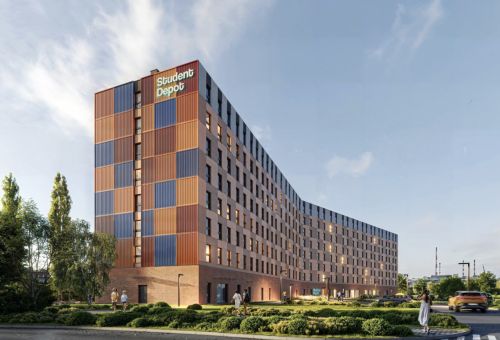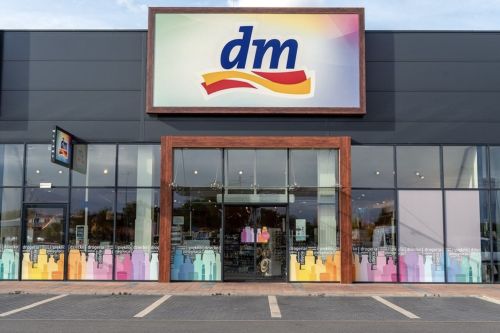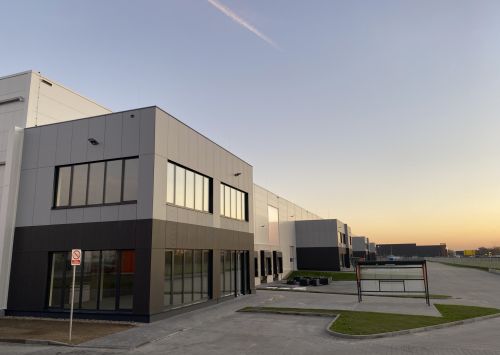It is difficult to estimate the final impact of the coronavirus on the real estate market in the EMEA region at this point in time, but the tourism, trade and leisure industries are most affected. A best-case scenario for the EMEA would see zero economic growth over the year after a negative dip over Q2 and Q3, with real estate shocks limited primarily to the hospitality sector as well as logistics and retail assets that are dependent on discretionary spending or China.
Capital markets will be frozen, but the main players are still active especially for more resilient retail, logistics and industrial sector assets as well as for office and residential buildings. Investors will hold back their decisions until pricing and the availability of capital becomes clearer. For cross-border investors, capital markets uncertainty, liquidity issues, Q2/3 FX rate volatility and inability to physically visit assets will lead to reduced activity.
Some investors, especially those in need of capital,



























































Strong warehouse sector whilst capital cautious and offices yet to rebound
Strong warehouse sector whilst capital cautious and offices yet to rebound
Poland’s commercial real estate market enters 2026 in good health and with solid growth potential. Warehouses remain one of the strongest sectors in Europe, while constrained ...
Newmark Polska
The end of greenwashing as flex grows in strength
The end of greenwashing as flex grows in strength
The office sector is entering a period of deeper qualitative and financial scrutiny. Decisions regarding new projects, refurbishments, or leasing are now supported by more thorough ...
Walter Herz
The quiet revolution in Małopolska
The quiet revolution in Małopolska
Developers across the region are increasingly favouring heat pumps and photovoltaic systems over traditional gas boilers in warehouse construction. This shift marks a growing commi ...
Axi Immo